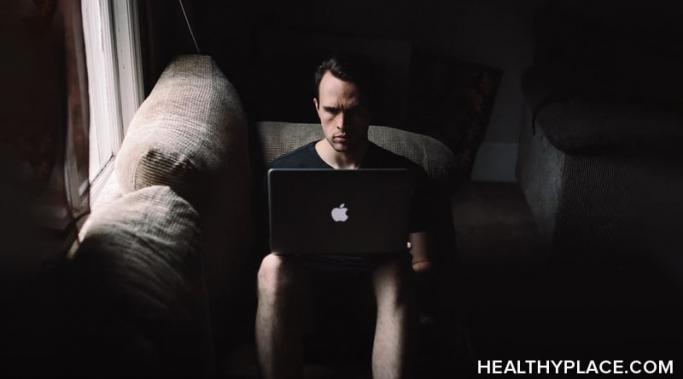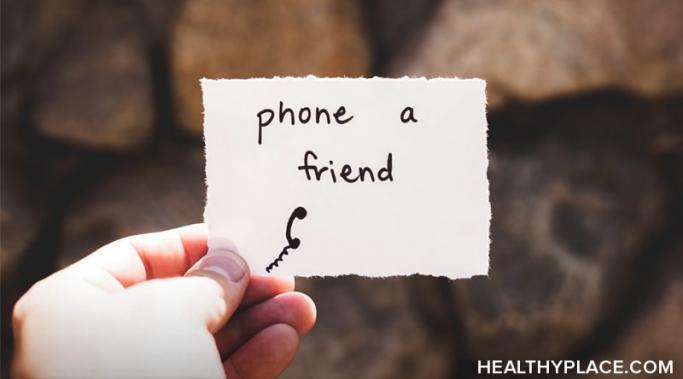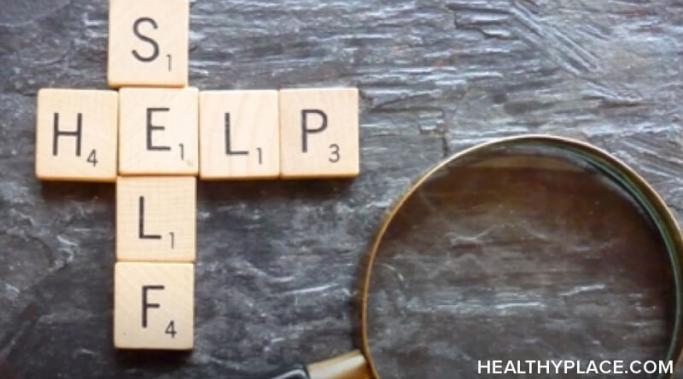You do not have to be in an abusive relationship to experience verbal abuse. There can be many situations where an individual is subjected to verbal abuse from strangers. Unfortunately, this happens more often than you think. These random incidents are not okay, but it can be hard to deal with them when they come up. It can be in the form of personal insults, name-calling, or other belittling comments.
Healing After Abuse
When you face the onslaughts of verbal abuse, it can be hard to find your voice amid the chaos and stress. It can be especially complex when it happens in gatherings of family members. Verbal abuse in family situations can make many people feel awkward and unsure how to deal with the abuser and the victim.
For some victims of verbal abuse, like myself, speaking out helps the healing process. Telling your story of verbal abuse is not only therapeutic, but it can give you back your power. Finding your voice can be a vital aspect of moving forward. Unfortunately, not everyone is receptive to hearing your story; and some individuals may go so far as to try and silence you with victim shaming when you talk about the verbal abuse.
Verbal abuse happens within many dynamics, even if it is not talked about regularly. One specific area of verbal abuse that is not often readily apparent involves men who suffer verbal abuse. However, just because there might not be a lot of pertinent case numbers or stories in the news about this does not mean this issue doesn't exist. For many men, dealing with verbal abuse is a common, problematic reality in their lives.
Verbal abuse in friendships happens more than we think. After all, friends are not the first people that come to mind when you think of verbal abuse. If you are facing any signs of verbal abuse from a close friend, you are not alone.
My current boyfriend was arrested for a non-violent crime 12 days ago. I'm not sure if I should be embracing this newfound freedom from the occasional verbal abuse he inflicted on me, or maybe it's okay to experience heartache. But how I am "supposed" to feel doesn't really matter -- in a unique situation like this, what counts is the emotions that I am experiencing: I feel lonely and distraught.
Sometimes, practicing self-care in a verbally abusive relationship is the only thing you can do. While it's easy for friends and family members to tell verbal abuse victims to "just leave," the act of leaving a verbally abusive relationship isn't quite as easy. People who are observing our situation from the outside in aren't capable of understanding the complexities of our partnerships. There are so many factors that weigh in: children, fear, finances, lacking confidence, believing no one will love us again, our broken-down mindset, and so much more. These factors can make leaving our abuser much more difficult. That's why self-care in an abusive relationship is a must.
Verbal abuse in relationships isn't acceptable, but I've often wondered if verbal abuse is forgivable. Throughout 15 years of brainstorming and therapy, I came to a conclusion — verbal abuse can be forgivable in some situations, however, the abuser has to work on himself, put in the necessary effort, and actually change.
I can still remember my first experience with verbal abuse. At the time, I was only 13 years old.
Finding your voice and reacting appropriately during an initial reaction to verbal abuse can be harder than it seems. Often, we can get wrapped up in a moment, as if our bodies go into shock. Sometimes, it's not until later that you can form words that, in retrospect, you would have liked to say, but for some reason, you didn't. This describes my experiences with verbal abuse, and I hope that my lessons help you avoid this frustration and become powerful in speaking your mind in the active moments of verbal abuse.









